Humans
-
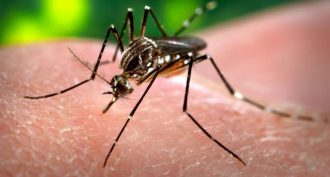 Health & Medicine
Health & MedicineScientists Say: Zika
Zika virus has burst into the news because it is linked with microcephaly — a condition where babies are born with small heads.
-
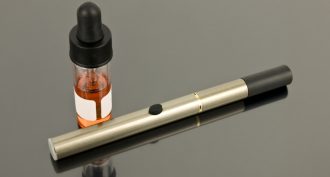 Health & Medicine
Health & MedicineVaping may threaten brain, immunity and more
New studies of e-cigarette vapor in animals and human cells find new risks to gene activity, behavior and male sperm.
By Janet Raloff -
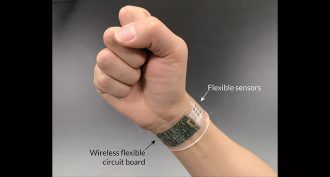 Health & Medicine
Health & MedicineFlexible electronics track sweat
A flexible, wireless health monitor that can wrap around the wrist tracks temperature and analyzes sweat to detect signs of too much water loss.
By Meghan Rosen -
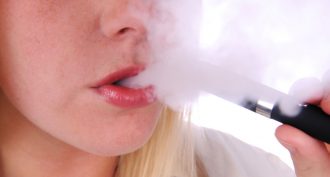 Health & Medicine
Health & MedicineTeen data find vapers often become smokers
Many view vaping as less harmful than cigarettes. But an increasing number of studies suggest that using e-cigarettes increases the risk a teenager will start to smoke.
-
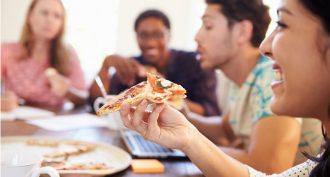 Health & Medicine
Health & MedicineTo control overeating: Slow down!
Encouraging young people to eat more slowly — and to stop when they’re full — may help prevent obesity, a new study finds.
By Tara Haelle -
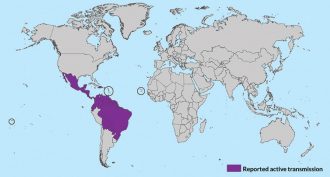 Health & Medicine
Health & MedicineZika worries go global
The World Health Organization says the devastating birth defects and brain disorders linked to the Zika virus are an international health emergency.
By Meghan Rosen -
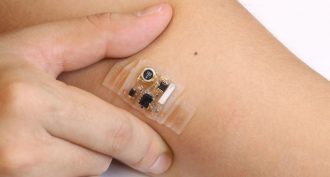 Tech
TechCool Jobs: Making electronics to wear
Forget tablets and cell phones. These flexible electronic devices stick to the skin and can perform many tasks, from taking your temp to tracking the sun’s tanning rays.
-
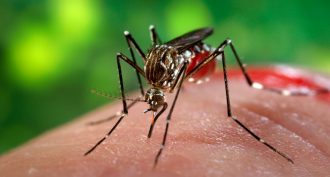 Health & Medicine
Health & MedicineZika virus raises alarm as it spreads in the Americas
Zika virus has been in Africa and Asia for decades. But is has now spread to the Americas. And it may cause a devastating birth defect.
By Meghan Rosen -
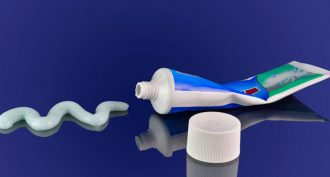 Health & Medicine
Health & MedicineMinty fresh zits treatment?
Some nontraditional acne treatments work at cleaning up pimples.
-
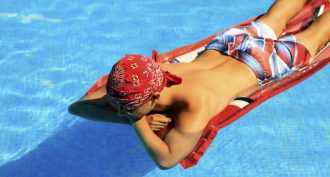 Health & Medicine
Health & MedicineExplainer: What is skin?
The body’s soft, outer armor contains three layers, each with its own important role to play.
-
 Health & Medicine
Health & MedicineThe truth about zits
A common bacterium called P. acnes usually helps keep the skin healthy. But under some conditions, and especially during puberty, it can trigger painful, embarrassing outbreaks of unsightly pimples.
-
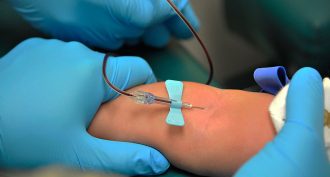 Health & Medicine
Health & MedicineHIV testing remains low among teens
HIV rates in people ages 13 to 24 are increasing, but few teens and young adults are being tested for the virus.